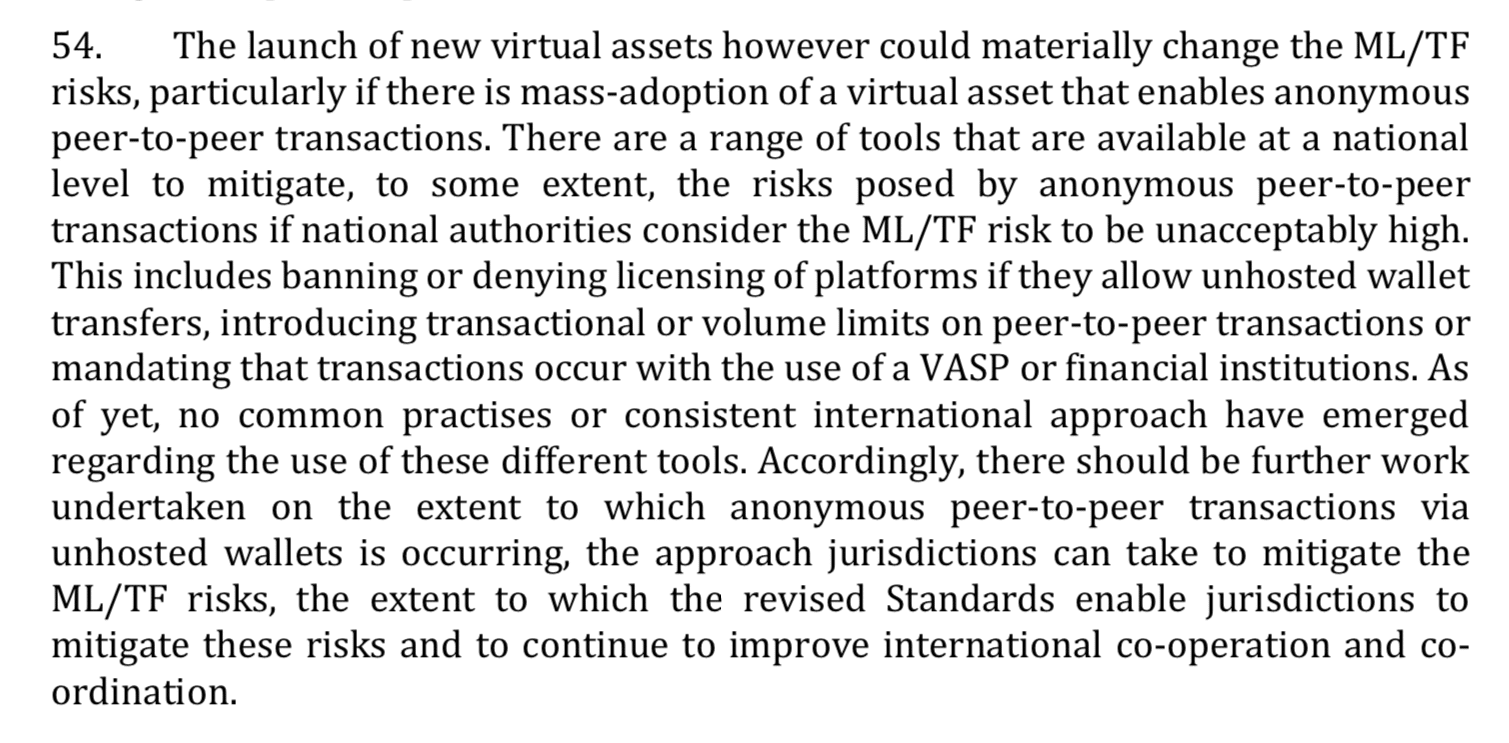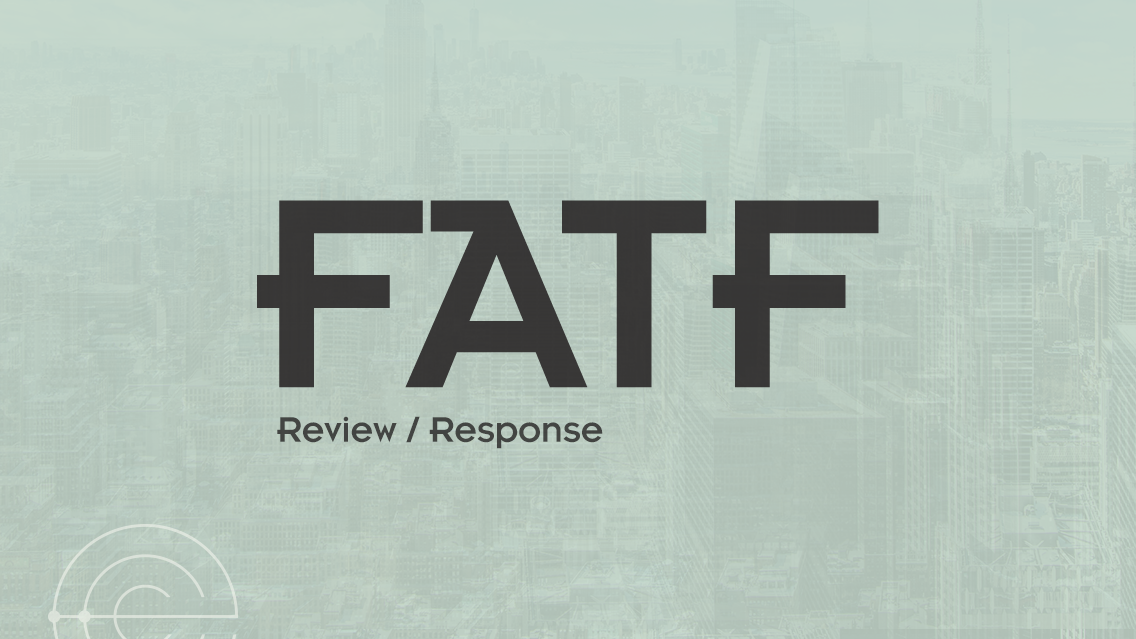ECC believes that well-informed and -educated policy-makers and regulators produce better regulation. To that end, we engage with policy-makers and regulators both directly (through outreach and meetings; by providing commentary and feedback on proposed legislation and regulation; and by providing education designed to improve understanding of blockchain and DLT technology, cryptocurrencies in general, and Zcash specifically) and indirectly, by supporting and contributing to the efforts of organizations like Coin Center, the Blockchain Alliance, the Blockchain Association, and Global Digital Finance.
The Financial Action Task Force (FATF) is an inter-governmental body that develops and promotes policies to prevent money laundering, terrorist financing and the financing of proliferation of weapons of mass destruction. In June 2019, FATF finalized its recommendations for how the cryptocurrency sector should be regulated from an AML / CFT perspective. In previous blog posts, we described those recommendations, and how Zcash is compatible with them.
In July 2020, FATF published its 12 month review of how those recommendations are being implemented. The review noted that “peer-to-peer transactions via private/unhosted wallets was a source of concern for a number of jurisdictions,” and floated the ideas of expanding the scope of regulation to impose a de facto ban on peer-to-peer transactions by “mandating that transactions occur with the use of a VASP or financial institutions.”

Our comments on this proposal can be found in the letter below. Click here to download.
